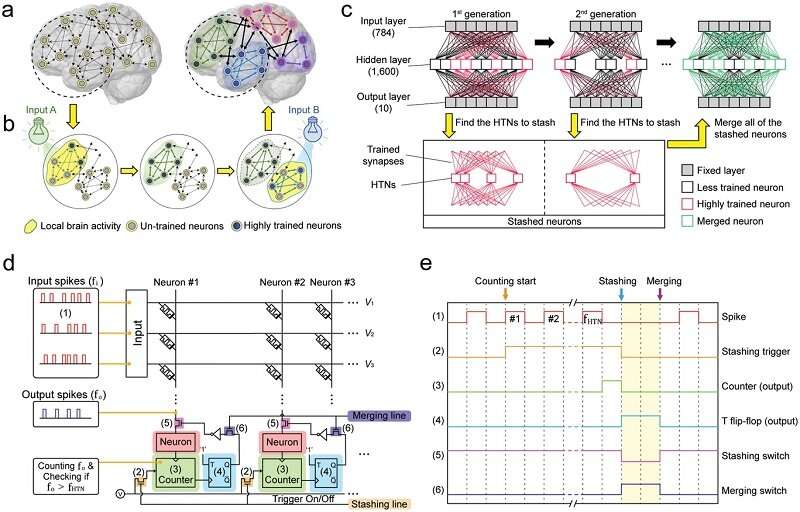Greener AI: Driving Energy-Efficient Machine Learning - AI Newz
From cutting-edge hardware to smart algorithms, the tech world is buzzing with efforts to shrink AI’s environmental footprint. It turns out, the energy costs linked to artificial intelligence aren’t just minor hiccups on the path to innovation. As we dive into AI’s energy crisis, it’s clear that the soaring electricity use, water consumption, and carbon emissions are serious issues. But hey, 2025 is shaping up to be a game-changer! Companies, researchers, and policymakers are rolling up their sleeves to make AI greener. Let’s unpack the exciting advancements paving the way for a more sustainable future.
Custom Chips for AI Workloads
One of the most exciting developments is the creation of custom chips tailored for AI workloads. Big names like NVIDIA, Google, and Intel are at the forefront, crafting energy-efficient hardware such as tensor processing units (TPUs) and specialized GPUs. For example, Google’s TPU v5, set to launch in early 2025, promises a whopping 40% reduction in energy use compared to earlier models, all while boosting performance for training those hefty AI models.

And then there’s Cerebras Systems, making waves with their wafer-scale processors. These bad boys cut down on energy waste by eliminating those pesky data transfer bottlenecks between chips, which means they’re not just powerful but eco-friendly too. Perfect for developers who care about the planet!
Software Advancements for Energy Efficiency
But it’s not just about hardware; software advancements are equally important. Researchers are getting crafty, developing smaller, more efficient AI models that can hold their own against the bigger ones. Techniques like knowledge distillation, pruning, and quantization allow developers to trim down model sizes without losing any of that juicy accuracy.

Take Meta AI’s LLaMA (Large Language Model Meta AI), for instance. It’s a lightweight alternative to traditional generative models that uses far less computational power while still performing like a champ. OpenAI is also on the bandwagon, refining its models to cut down on redundancy and energy needs, proving that sometimes, smaller really is smarter.
Cloud Providers Going Green
Cloud providers are really stepping up their game by leaning into renewable energy for sustainable AI. Microsoft, for example, is going all-in with modular data centers powered entirely by renewable energy in 2025. Their innovative “liquid immersion cooling” tech not only slashes water use but also boosts energy efficiency by as much as 25%.

And let’s not forget about Amazon Web Services (AWS). They’re ramping up their investments in wind and solar farms, with a goal to run all their global operations on renewable energy by 2030. Their energy-efficient AI-specific instances are becoming popular among businesses eager to innovate while keeping sustainability in mind.
Transparency and Accountability
As energy use becomes a hot topic in AI discussions, new standards for transparency are popping up. Initiatives like the AI Energy Star project are making it easier for users to compare the efficiency of different models. These certifications may soon be required as governments start drafting laws that mandate companies disclose the environmental impacts of their AI services.

In Europe, the EU’s “Green AI Directive” is on the horizon, aiming for full transparency by 2026. This regulation will require tech companies to publish detailed reports on energy consumption, carbon emissions, and water usage for their AI products. Talk about accountability!
The Future of Sustainable AI
The journey toward sustainable AI is definitely ongoing, but the innovations of 2025 show a promising shift in focus. By blending efficient hardware, smarter algorithms, and renewable energy, the tech industry is making strides to lessen its ecological impact. As public awareness grows and regulations tighten, expect greener AI to become the norm—a necessary step to harmonize technological advancement with the health of our planet. Let’s cheer for a bright, eco-friendly future in AI!










